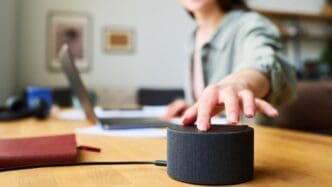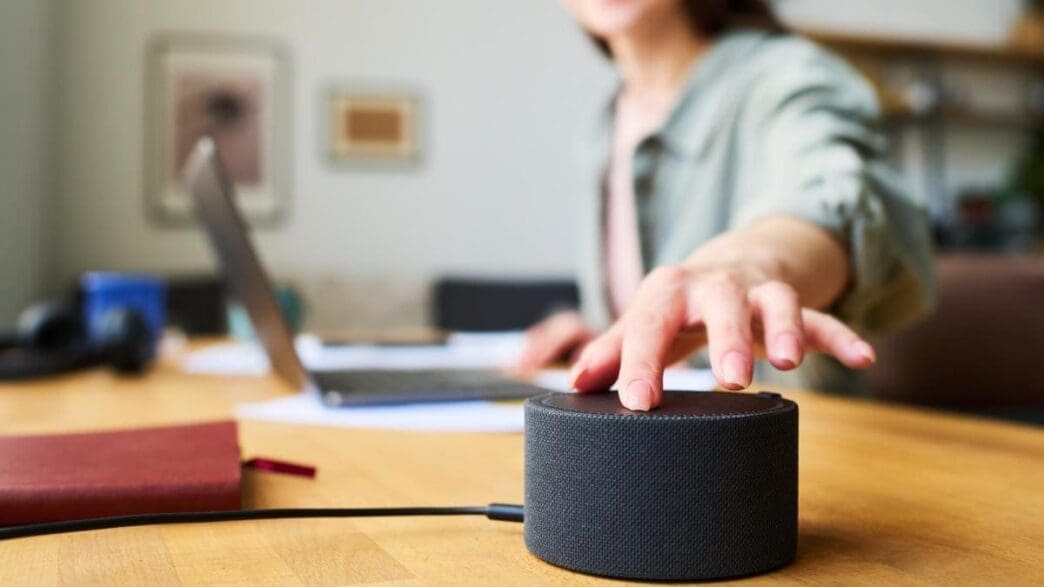In the midst of chaotic schedules and uncertain times following the pandemic, finding a sense of order became more challenging than ever. Like many others struggling to rebuild their daily routines, I decided to experiment with integrating smart home devices into my life, with Alexa as my guide. The results were unexpectedly transformative.
Routine—a cornerstone of societal function—shattered for many during the pandemic. While some found solace in returning to normalcy, others, myself included, yearned for structure. Embracing unconventional methods, I sought help from smart home devices to regain control over my day-to-day activities. Notably, incorporating Alexa into my life proved to be impactful.
Being a late-bloomer identifying as neurodivergent, my life without routine was a cycle of chaos followed by brief periods of intense productivity and subsequent burnout. A YouGov survey highlights that I’m not alone; 19% of Americans identify as neurodivergent. This challenge stretches beyond neurodiversity, affecting those with various conditions or lifestyles that disrupt routine.
Consulting Jungian Art Psychotherapist Polly Miskiewicz shed light on the vast benefits of routine—regulating the nervous system and easing hyper-vigilance. Routines serve as a love letter to the body, improving sleep, digestion, and energy. Mentally, they lessen the cognitive load by removing repetitive decisions, offering stability during big life changes, fostering resilience, and a sense of accomplishment.
Yet, sticking to routines is notoriously difficult. Miskiewicz explains that the failure often stems from routines that don’t feel authentically ours, tangled in societal ‘shoulds.’ Success comes from routines that align with our values and personal experiences, emphasizing flexibility, emotional resonance, and the freedom for routines to grow with us.
Equipped with this insight, I set out to craft a smart home-assisted day. My mornings, crucial in setting the day’s tone, became orchestrated harmoniously with my Alexa-enabled devices. A focus on achievable milestones, like waking to natural light, sipping tea, and minor tidying, became effortless.
Smart gadgets like the Philips Hue Twilight transformed my mornings. Its gradual light increase, synchronized with Alexa’s routines, ensured I woke gently at 8AM, greeted by random morning messages and a brewing kettle. Clutter awareness, encouraged by studies linking it to productivity, prompted timely reminders to clear my workspace.
Despite afternoon work unpredictability, Alexa sustained my flow with mood checks and hydration reminders. Encouraged by creative breaks, I indulged in dance or podcasts, employing Miskiewicz’s suggestions to recharge.
Caution is necessary to avoid tech overload, as constant digital notifications can lead to decision paralysis. Instead, I crafted custom automations triggered by key phrases. This allowed me to engage with technology on my terms, knowing past efforts supported present needs.
As workdays concluded, evening routines focused on unwinding. From setting to-do lists to initiating a soothing ambiance with Philips Hue lights, my evenings became a sanctuary for relaxation, free from screens.
The transformative power of Alexa-assisted routines was evident. While technology initiated this journey, true self-regulation remains paramount. Balancing tech reliance with analog methods, like sticky notes, offered the freedom to navigate my daily life confidently.
Overall, my experimentation with Alexa and smart devices reshaped my daily routine, enhancing productivity and mental well-being. Yet, the lesson became clear—while technology provides valuable support, true ownership of our routines empowers us the most. Miskiewicz’s advice resonates: embrace tech wisely, ensuring it complements rather than controls our lives.
Source: Yahoo ˙ Youtube







